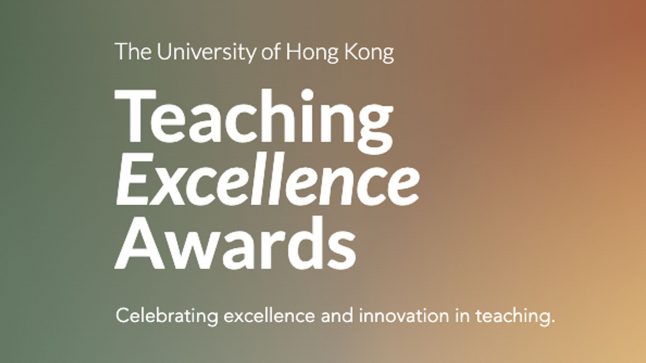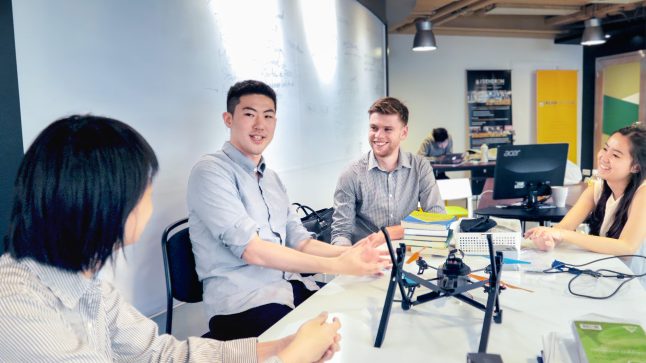
As the curriculum broadened in scope and depth, more and more teachers are interested in developing meaningful and effective ways of documenting, monitoring and evaluating student achievements through ePortfolios. That’s why Professor Gavin Brown (Faculty of Education and Social Work, University of Auckland) and Dr. Tanja Sobko (Faculty of Science, HKU) received a full-house attendance at their seminar “Assessing with ePortfolios” on July 8, 2016.

Professor Brown introduced ePortfolio as a ‘systematic, purposeful and chronological collection of student work’ which empowers students to continuously learn through critical thinking and reflection. There are several aspects to facilitate the use of ePortfolios.
- First, students need to understand the importance of reflection and self-monitored learning. A timely and continuous progress is the key – work must start early for students to curate and build the ePortfolio. Willingness to reveal different stages of work justifies improvements and connections to learning outcomes.
- Second, for teachers, having a well-designed rubric and cross-references will lead to good assessment. Alternatively, an ePortfolio can be developed as a non-assessed dialogue with students – but some incentives or motivation will be necessary.
- Third, be flexible about the platform for ePortfolio. Professor Brown believes that current market options have similar technology. It is not necessary to be too restrictive.

An example in HKU
In the second part of the seminar, Dr. Sobko shared her ePortfolio experience in a BSc Exercise and Health course with 30 students. She aimed to promote eHealth Literacy 1 via the combined use of wearable device ‘Mi band’ and ePortfolio. Students wore the tracker device to record their daily activity levels (e.g., walking distance, hours of deep sleep) electronically, and wrote regular reflections during the process.

It was found that students became more aware of their personal health, and incorporated more scientific references in their reflection writing as the weeks passed. Key words to describe content quality of ePortfolio evolved from ‘interesting’, ‘personal’ at the beginning to ‘reflective’, ‘evidence-based’, ‘organized’ at the end of the course.
Dr. Sobko particularly saw the added value of the data collected in helping to ‘track, support and explore development of new literacies in eHealth literacy.’
TELI is now working closely with teachers on a few pilot projects to understand the features that they’d like to see in ePortfolios. If you’d like to collaborate, please get in touch via enquiry@teli.hku.hk.
Download the presentations here:
Prof Brown’s presentation
Dr. Sobko’s presentation
Summary of workshop details here.








